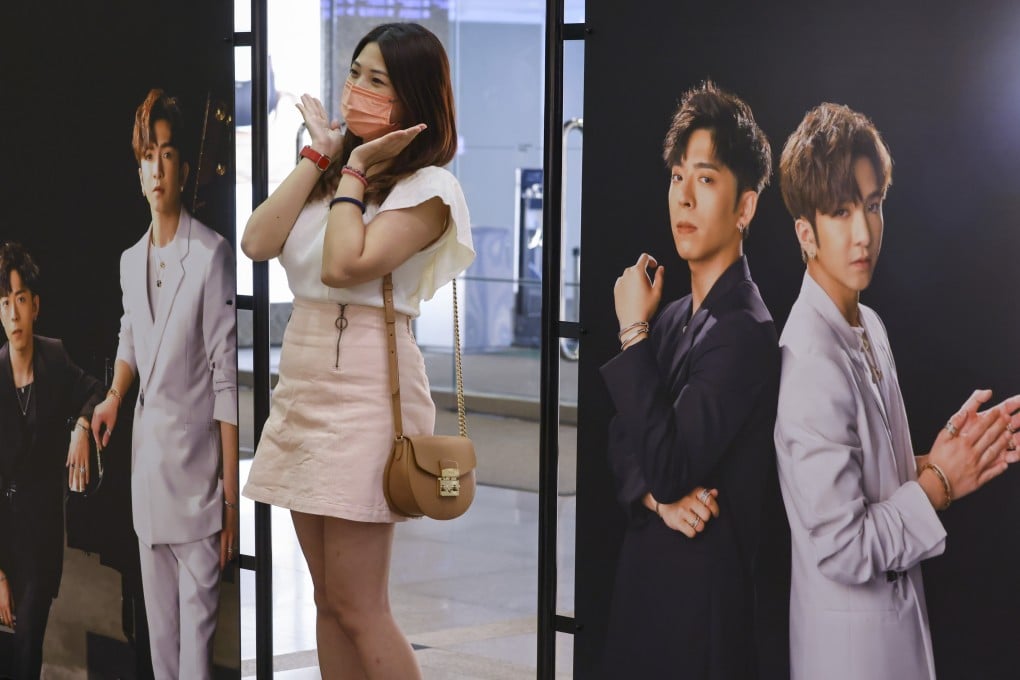Opinion | How a culture bureau can help Hong Kong become an arts powerhouse once more
- A renewed focus on art and culture, backed by generous government support, will build on the resurgence in interest in Canto-pop and Hong Kong identity
- Tapping the potential of the creative industries will not only benefit Hong Kong’s economy, but also offer young people new opportunities

There is a public consensus that housing has been the Achilles’ heel of every government administration in Hong Kong. But what about art and culture? Are they amenities or a form of “collective nostalgia” of past Hong Kong glory, and do they have the potential to drive today’s economy?

Disenchanted by the lack of economic opportunities and fearful of losing their Hong Kong identity amid the drive for integration with the mainland, Hongkongers in their 20s and 30s are increasingly turning to local entertainment. This partly explains the renaissance in local culture.
Whatever the reasons behind this revival, for the arts and culture sector to truly prosper and deliver quantifiable benefits for Hong Kong, intelligent city planning is crucial. For example, locating a high concentration of cultural enterprises and a creative workforce in the same area would encourage creative partnerships.
Clustering together newly established businesses and young innovators will unlock opportunities for synergy and breed new specialisations and disciplines.
This, in turn, can create distinctive living and working spaces that can boost even more creative exchanges and engender a strong sense of communal identity. Young Hongkongers would love nothing more than to have a community they can call their own.

